Victoria-based research firm Nexa Advisory has made recommendations to the New South Wales (NSW) government to help increase uptake by the commercial and industrial (C&I) sector of rooftop solar and battery energy storage systems (BESS), to capture a potential 7 GW and help build grid reliability.
Compared to NSW residential rooftop solar, which accounts for almost one third (27%) of installations over 15 kW, C&I consumers represent 5% of all customer-owned energy resources (CER).
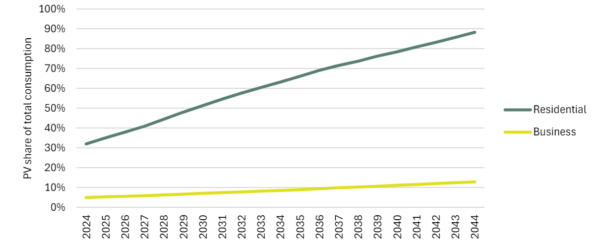
Image: Nexa Advisory
Urging the NSW government to seize the opportunity to install reliability into the grid as aging coal-fired power stations, like Eraring, are retired, Nexa has made three key recommendations.
It encourages the establishment of a scheme similar to Small-scale Technology Certificates (STCs) for systems beyond 100 kW or leveraging the Peak Demand Reduction Scheme (PDRS) to enable businesses to capture the benefits of installing CER more easily.
The potential for battery installations for C&I customers was found in Nexa research to be equally untapped, with potential for expanding into this sector bolstered by the Australian Energy Market Operator’s (AEMO) Integrated System Plan, which projects a total build of 11.6 GW of distributed batteries in NSW over the next 20 years.
A significant share of these could be installed at C&I facilities such as warehouses, which have roof space that could generate power in excess of their actual need, making them suitable to deploy batteries, and turn warehouses into dispatchable power plants, Nexa said.
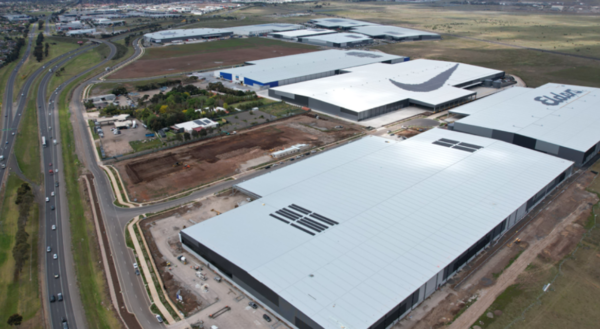
Image: Dexus
The firm’s discussion paper cites the case of real estate group and fund manager Dexus, which is planning to deploy more than $25 million (USD 16.67 million) of batteries in its new warehouses.
According to Dexus, installing a 200 kWh battery in the base build of a new 20,000 sqm warehouse will cut energy costs by $92,000 a year.
Nexa is calling for a business education program to raise awareness on the benefits.
“Together, unlocking C&I CER through rooftop solar and batteries benefits business consumers through demand-side management, allowing shifting consumption profiles to reducing peak demand charges and resulting in cost savings on energy bills,” the proposal to the NSW government said.
“These measures also improve energy resilience, providing electricity backup for business operations, and from a system planning perspective, enabling this resource helps to bridge the reliability gap recently identified by AEMO, increasing the certainty in and reliability required to close coal-fired power stations in a timely manner without risk to power reliability or prices.”
Nexs suggests battery systems and participation in virtual power plant (VPP) offerings for C&I consumers can be a key contributor to reliability, through demand-side response and should therefore be considered under future Capacity Investment Scheme (CIS) or Long-term Energy Service Agreement (LTESA) auctions.
A simplified application process was also identified as a potential incentive.
Nexa identified nine barriers to unlock C&I CER, include tenancy, physical limitations of buildings, retailer contracts that prevent C&I customers from deploying CER, outdated tariff design and lack of innovative retail offerings and incentives.
High upfront capital costs, technical connection of large-scale CER systems with grid export requirements and lastly, many businesses are not actively engaged in environmental, social and governance reporting or understand the potential impacts of carbon emissions from their business.
This content is protected by copyright and may not be reused. If you want to cooperate with us and would like to reuse some of our content, please contact: editors@pv-magazine.com.
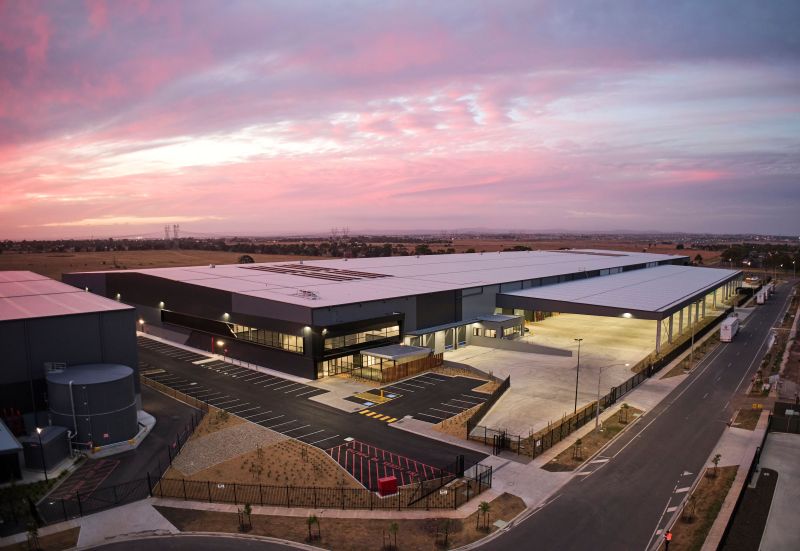
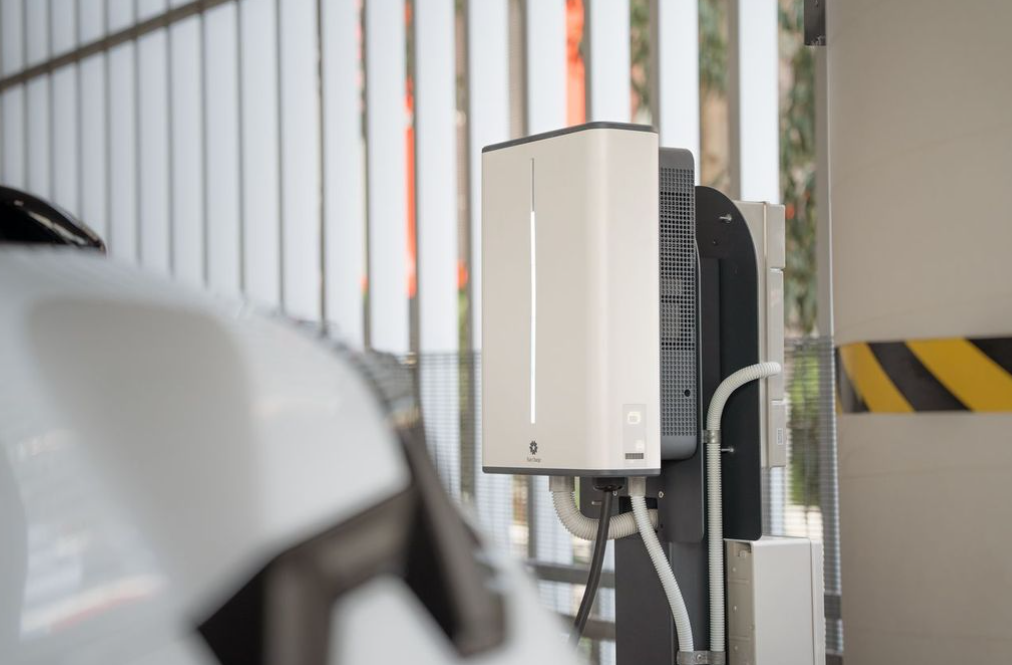





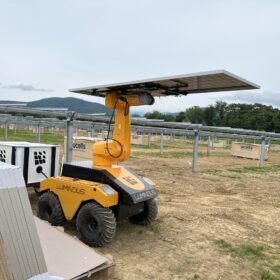
4 comments
By submitting this form you agree to pv magazine using your data for the purposes of publishing your comment.
Your personal data will only be disclosed or otherwise transmitted to third parties for the purposes of spam filtering or if this is necessary for technical maintenance of the website. Any other transfer to third parties will not take place unless this is justified on the basis of applicable data protection regulations or if pv magazine is legally obliged to do so.
You may revoke this consent at any time with effect for the future, in which case your personal data will be deleted immediately. Otherwise, your data will be deleted if pv magazine has processed your request or the purpose of data storage is fulfilled.
Further information on data privacy can be found in our Data Protection Policy.